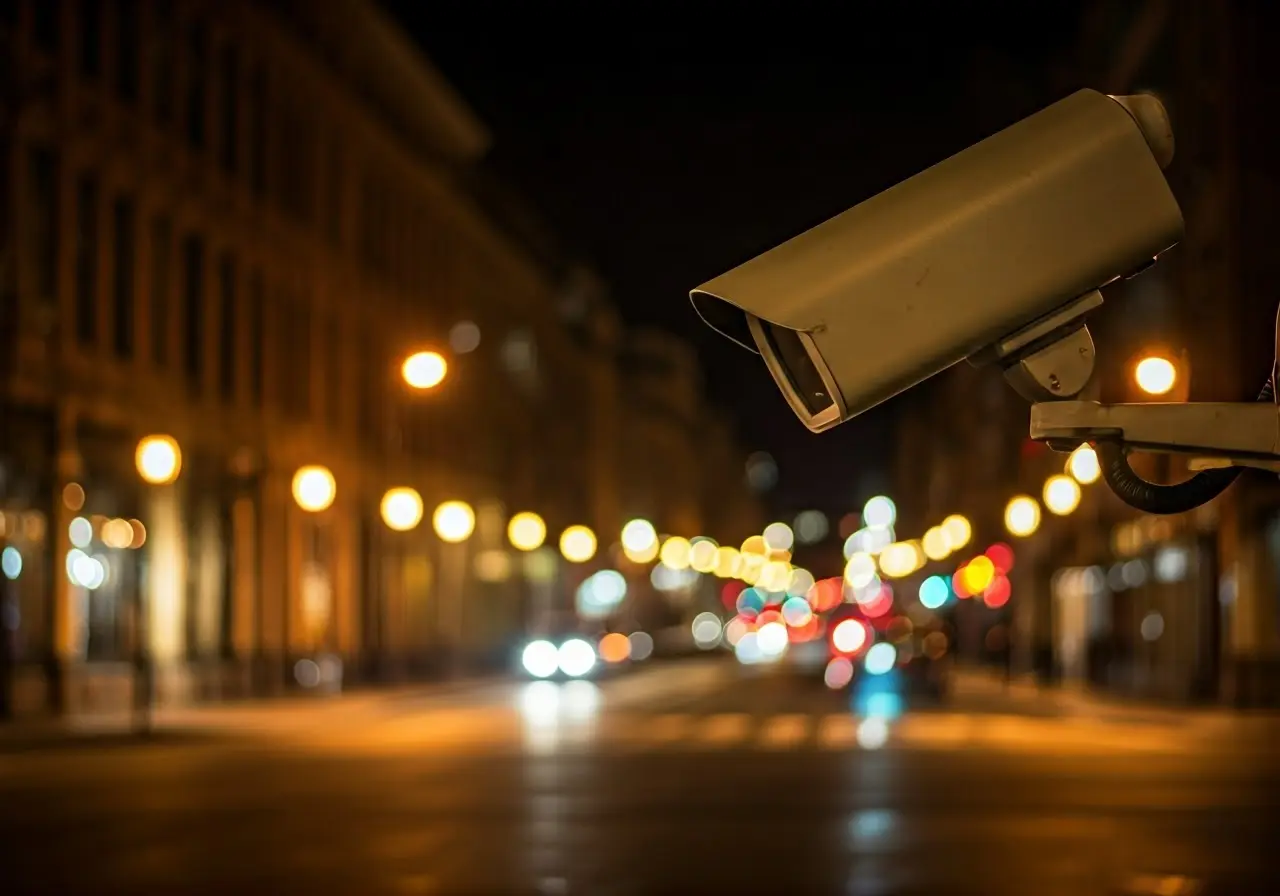Are There Privacy Concerns with Surveillance Cameras?
In today’s digital age, surveillance cameras are everywhere, from public spaces to private residences, enhancing security and offering peace of mind. However, despite their benefits, they raise important privacy concerns. This guide explores these issues in a clear and engaging way.
What Privacy Concerns Do Surveillance Cameras Raise?
Surveillance cameras can infringe on personal privacy by capturing individuals without their consent and collecting sensitive data. This can lead to a range of issues, from unwanted exposure to potential misuse of personal information.
The rise of connected cameras in homes and public spaces has made it easier for malicious actors to gain access to personal data. According to some reports, cameras like the Blink Mini and EZVIZ have raised concerns due to inadequate security measures.
Moreover, the data collected from surveillance cameras could potentially be used without the subject’s consent for profiling or analytics, leading to privacy invasion and concerns over ethical data use.
How Does Surveillance Impact Public Spaces?
In public spaces, surveillance cameras can deter crime but also track individuals’ movements. This constant monitoring can make people feel uneasy and raise ethical questions about how much surveillance is too much.
Public surveillance can create a sense of omnipresence, making everyday activities feel monitored. This raises the question of whether the security benefits justify the sense of intrusion that people might experience.
For businesses or municipal authorities using camera systems, transparent communication about the purposes of surveillance can enhance public trust. It’s crucial that people understand where cameras are installed and how the footage will be used.
What Are the Legal Aspects of Using Surveillance Cameras?
Different regions have varying laws about surveillance camera use. It’s crucial to understand these laws to ensure that surveillance practices respect legal boundaries and individuals’ rights to privacy.
Laws like the General Data Protection Regulation (GDPR) in the EU highlight the importance of compliance, emphasizing that data collection should be necessary and proportionate. These regulations underscore the responsibility of ensuring data protection even during surveillance.
Businesses can leverage expert advice from cybersecurity consultants to navigate the complex legal landscape and ensure that their surveillance efforts do not breach privacy laws.
How Can Individuals Protect Their Privacy?
There are measures individuals can take to safeguard their privacy from surveillance cameras. These include staying informed about where cameras are located and advocating for transparency in surveillance practices.
One effective way is to install security cameras that offer robust encryption, such as the Reolink E1 Pro, which provide local storage options that mitigate potential privacy breaches.
Advocating for policies and regulations that require visible signage and public disclosures of surveillance camera placements can also help in raising awareness and ensuring accountability.
What Are the Best Practices for Ethical Surveillance?
Implementing ethical surveillance involves using cameras responsibly, ensuring clear signage is in place, and maintaining transparency with data collection and usage. These practices help balance security needs with respect for personal privacy.
For organizations, adopting a clear policy on data retention and access rights can reassure users that their data is secure. Engaging in regular audits to ensure compliance with privacy laws is also recommended.
Utilizing advanced technologies like AI-driven video analytics, as seen in Silarius’ cloud-based solutions, can help manage large-scale surveillance ethically by focusing only on necessary data and reducing unnecessary storage.
Balancing Security and Privacy in Surveillance
Navigating the privacy concerns linked to surveillance cameras requires a balanced approach. By understanding the legal framework, potential risks, and strategies for protecting privacy, both individuals and communities can benefit from enhanced security while respecting personal privacy rights.
























































